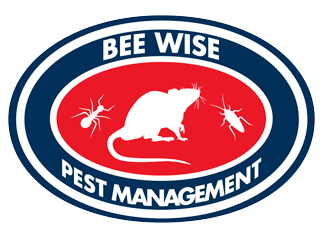Pests can be a persistent nuisance, invading our homes and gardens, and causing frustration and health concerns. However, tackling pest problems doesn’t have to involve harsh chemicals or risky tactics. In fact, the key to effective and safe pest control lies in education, awareness, and responsible actions. In this blog post, we’ll delve into the do’s and don’ts of pest control, providing you with valuable insights to help you manage pest issues while keeping your environment safe and healthy.
Do’s
1. Identify the Pests: Before taking any action, it’s essential to identify the type of pests you’re dealing with. Different pests require different approaches for effective control. Research and observation can help you accurately pinpoint the culprits.
2. Research Pest Behavior: Understanding the behavior of the pests will give you valuable insights into how they infest, reproduce, and spread. This knowledge will aid in devising effective control strategies.
3. Maintain Cleanliness: Prevention is key to pest control. Keep your living spaces clean and free from food debris, standing water, and clutter that can attract pests.
4. Seal Entry Points: Pests often enter through gaps, cracks, and openings in your home. Regularly inspect and seal these entry points to prevent infestations.
5. Use Natural Predators: In outdoor spaces, encourage the presence of natural predators such as birds, ladybugs, and beneficial insects that can help keep pest populations in check.
6. Practice Proper Waste Management: Dispose of garbage promptly and use sealed containers to prevent pests from accessing food sources.
Don’ts
1. Overuse Pesticides: Excessive use of pesticides can harm not only pests but also beneficial organisms, pets, and humans. Always follow instructions carefully and avoid unnecessary applications.
2. Ignore DIY Misinformation: The internet is full of DIY pest control remedies, but not all are effective or safe. Always verify information from reliable sources before attempting any treatment.
3. Neglect Regular Maintenance: Regular home maintenance, like fixing leaks and repairing cracks, is essential for preventing pest infestations. Ignoring these issues can create opportunities for pests to thrive.
4. Rely Solely on Chemicals: While chemicals can be effective, they should be part of an integrated pest management plan, not the only solution. Incorporate non-chemical methods for long-term effectiveness.
5. Delay Professional Help: If the pest problem becomes overwhelming or you’re dealing with pests that pose health risks, seeking professional pest control services is crucial. Delaying action can exacerbate the issue.
6. Overlook Landscaping: Neglected yards and gardens can become breeding grounds for pests. Regularly trim vegetation, remove debris, and keep plantings well-maintained.
Effective pest control involves more than just applying pesticides. By adopting a holistic approach that combines knowledge, prevention, and responsible actions, you can manage pest problems while safeguarding your living spaces and the environment. Remember, the key to successful pest control is staying informed, asking questions, and using strategies that prioritize safety and sustainability.







